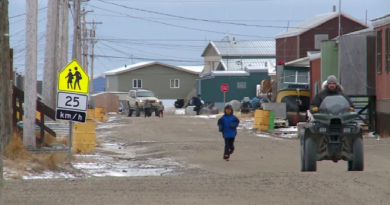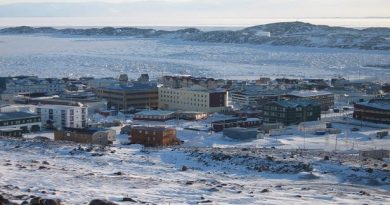COVID-19: Arctic science expedition postpones flight campaign after trainee tests positive for virus
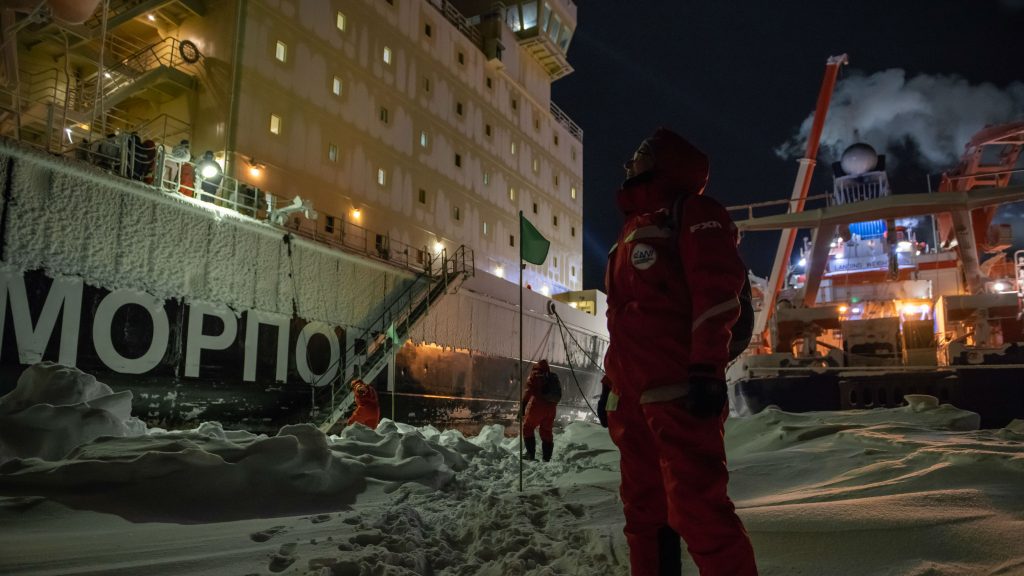
An international Arctic science expedition was forced to postpone a key element of its operations after a participant training for the upcoming deployment in the Central Arctic was diagnosed with the novel coronavirus by medical authorities in Germany, officials at the German institute that leads the study said Thursday.
The Multidisciplinary drifting Observatory for the Study of Arctic Climate (MOSAiC) expedition set sail from northern Norway on German icebreaker, RV Polarstern, last September to spend a year in the Arctic Ocean – trapped in ice. The project is led by the Alfred Wegener Institute, Helmholtz Centre for Polar and Marine Research (AWI).
“After detailed consultation with German health authorities and logistical assessment of the situation, we have come to the conclusion to postpone the start of the MOSAiC flight campaign due to the infection of a participant with COVID-19, which was detected on Friday,” Katharina Weiss, a spokesperson for AWI, told Radio Canada International in an email.
The person, who has tested positive for the flu-like virus, and the other participants of the preparatory course are currently under quarantine, but can participate in the campaign afterwards, Weiss added.
All other participants of the flight campaign were asked to postpone their journey to the starting point in Longyearbyen on Spitsbergen, in Norway’s Svalbard Arctic archipelago, by one week, Weiss said.
The positive test and the decision to quarantine MOSAiC team members in Germany were first reported by Nature.com.
Other aspects of expedition continue as scheduled
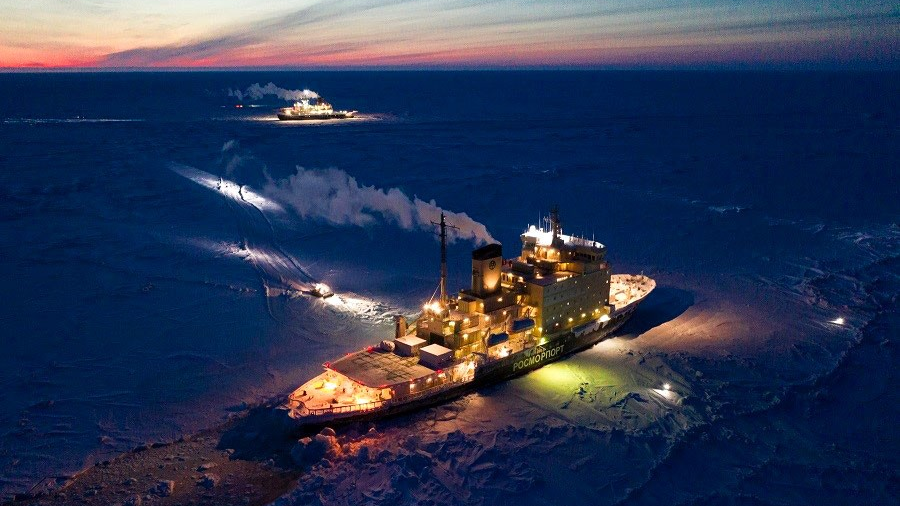
Originally, the arrival of the two polar aircraft on Spitsbergen was planned for March 11. According to the new schedule, the planes are now expected to arrive in Longyearbyen on March 18, Weiss said.
This postponement only affects the MOSAiC flight campaign, she added.
“These research aircraft operations are a component of MOSAiC, which is quite separate from the rest of the expedition and only this component is affected at this point,” Weiss said.
“It is our highest priority to prevent importing the virus into the expedition and also to avoid spreading the virus around the globe. This is why we only allow tested people to travel for MOSAiC.”
Tested twice
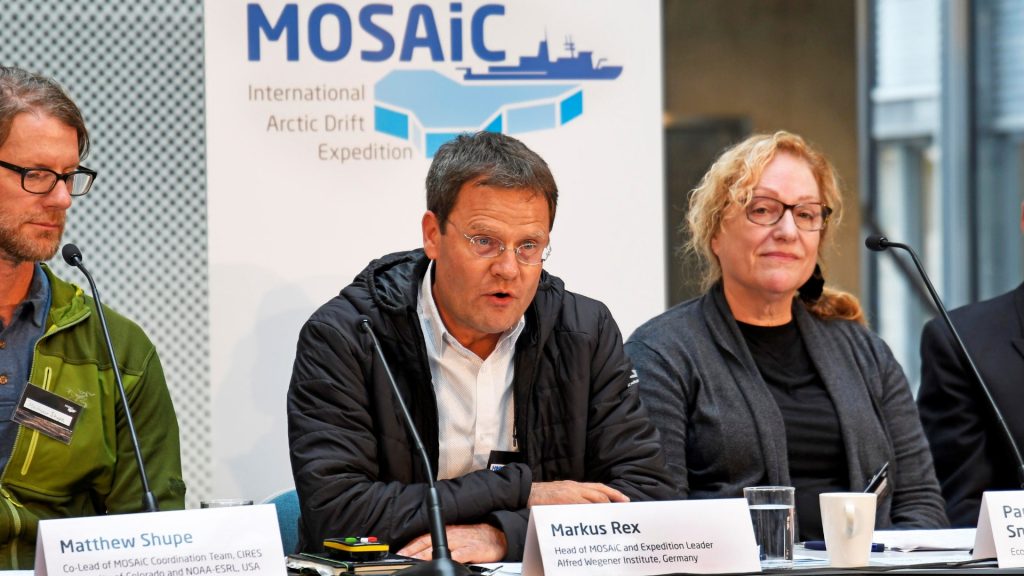
All expedition members are tested on the virus twice, she said.
The first test is carried out before they leave home to prevent spreading of the virus around the globe and to minimize the risk for other expedition members, Weiss said.
A second test is carried out at the staging point where all expedition members gather before they jointly travel to the expedition. This is to minimize the risk of importing the virus to the expedition, she said.
The virus can spread quickly on board ships because of the extended close contact between expedition participants and crew members, health experts warn.
For example, a recent study study published in the Journal of Travel Medicine showed that the rate of infection on the Diamond Princess cruise ship, which infected 619 passengers and claimed seven lives in February, was four times higher than in Wuhan, China, the epicentre of what has now become a global outbreak.
“This concept has proven to work now,” Weiss said. “It successfully prevented getting the virus to the expedition. We observe the developing situation very closely and will adapt our safety concept if needed.”
More than 300 experts from 20 different countries, including Canada, will work on the Polarstern at some point during the expedition, which is billed as the largest polar expedition in history.
The goal of the MOSAiC expedition is to study climate systems in the Central Arctic, the epicenter of global warming, and to gain fundamental insights to better understand global climate change, expedition organizers say.
The Polarstern can be tracked in real time on the MOSAiC web app.
Related stories from around the North:
Canada: MOSAiC international science expedition completes crew transfer in Central Arctic, Eye on the Arctic
Finland: Finnish EU presidency to work on stronger Arctic policy, climate change mitigation, Yle News
Greenland: Documentary will show climate change through eyes of pioneering scientist, Mia Bennett – Blog
Iceland: Geoengineering climate fixes popular at Arctic Circle assembly, Mia Bennett – Blog
Norway: Twin science projects seek to understand impacts of Arctic climate change, Radio Canada International
Russia: Russian icebreaker leaves Tromsø to supply ice-locked German research ship, The Independent Barents Observer
Sweden: Over 11,000 scientists sign statement warning of climate emergency, Radio Sweden
United States: Alaska Federation of Natives declares climate emergency, Alaska Public Media


